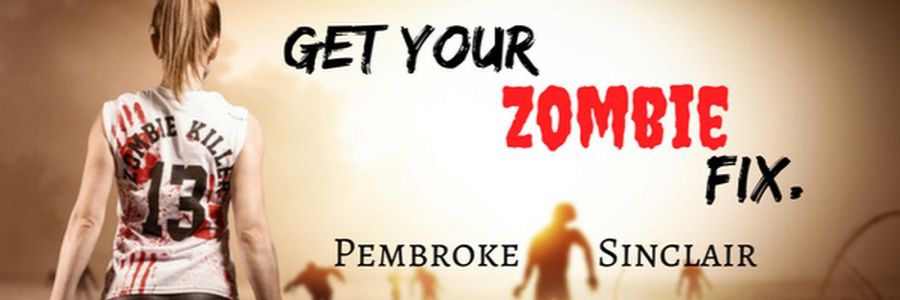My friend, Mary Palmer, was kind enough to read Life After the Undead and write a review. You can find her blog here and her books on Amazon.
She says:
Your book uses all of the elements of a horror story: It's gory and graphically gruesome with unyielding vicious characters. It has exciting, vivid descriptions clearly illustrating man's inhumanity--or zombies inhumanity--to man. Krista and Quinn, the gentle people, are well characterized. But Krista can rise to the occasion. That's seen when she kills zombies and proves that survival is man's strongest instinct. She also has her own quirk of personality: She blames her parents for dying and leaving her, calling their failure to protect her bad judgment. Her resentment almost makes her seem like a tragic heroine. Is it possible that she has to have an excuse for their deaths? Is hate substituting for love?
Although I rarely read vampire-type stories, I found yours fascinating. I probably have an unusual way of viewing it. I see the zombies as a metaphor for all problems humans face. They represent the evil we have to overcome to save our souls and get to heaven. Part of the difficulty is that they have to be dealt with straight on. You can't reason with them; it's futile to try. And you can't just destroy part of them, you must get to the core, the brain. Unlike ordinary humans, when almost all else is gone, the zombies survive. I see all of this as symbolic of the horror in the world today.
It seems that way behind this story is a disillusionment with this crazy world we live in. The government knew the danger of these zombies, they hid them from the public and didn't do enough to prevent them escaping. That seems to be a comment on real governments, and their officials, hiding things from their citizens.
I especially appreciated Krista's philosophy that life can change, but we all have to change it. And I liked the idea that instead of building a wall, people should find out how the plague started, stop it and keep it from happening again.
I like her youth because it shows how, in a crisis, you have to learn at a young age how to protect yourself, if not the zombies, symbolic of the greedy, manipulative people in the world, will control you.
Krista's strong instincts are those of all of us. She needs her own space, someone to trust and someone to give her hope. When she has to clean house, I see that as symbolic of cleaning up a mess in life while realizing that what is done shouldn't be done selfishly, but for the greater good of the whole.
It's interesting that Liet is an ex-con. He seems like a protector to Krista but he shows a callous, unmerciful side. Will he be revealed as evil, too?
All in all, the zombies are symbolic of the horror in the world today, the lack of good values, and it suggests that the way they're dealt with will determine our future and our fate.
Thanks so much for a good read. The tension and fast pacing keeps your interest.





